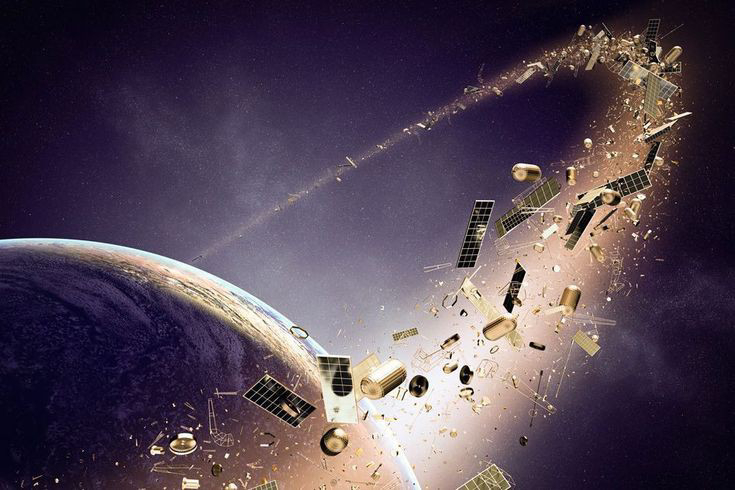The Threat of Nuclear Weapons: How They Could End Human Civilization
Nuclear weapons have the potential to end human civilization as we know it. This is not a new idea; it has been a concern since the first nuclear bombs were dropped on Japan in 1945. However, as more countries acquire nuclear weapons and tensions between nations remain high, this threat is becoming more real than ever before.
First, it's important to understand just how powerful nuclear weapons are. A single nuclear bomb can release an incredible amount of energy, equivalent to tens of thousands of tons of TNT. This energy can create a massive blast wave that can level entire cities, and the resulting radiation can cause long-term health problems and even death. When multiple nuclear bombs are used, the devastation is even greater.
The potential for nuclear war is not limited to just the United States and Russia, the two countries with the largest nuclear arsenals. Nine countries now possess nuclear weapons, and several others are actively pursuing them. As more nations acquire these weapons, the risk of a nuclear conflict increases. The idea of mutually assured destruction, which kept the peace during the Cold War, may not be enough to prevent a nuclear war in today's world.
Even a limited nuclear war, involving just a few bombs, could have catastrophic consequences. A study by researchers at Rutgers University found that a conflict between India and Pakistan involving just 100 nuclear bombs could cause a "nuclear winter" that would lead to a global famine and the deaths of up to 2 billion people. This is just one example of how a small-scale nuclear war could have global consequences.
But it's not just the immediate effects of a nuclear war that are cause for concern. The long-term effects of radiation on the environment and on human health could have devastating consequences. The radioactive fallout from a nuclear war could contaminate crops, water sources, and the air, leading to widespread health problems and environmental damage. The effects of radiation can last for generations, meaning that the consequences of a nuclear war could be felt for decades or even centuries after the initial blast.
In addition to the risk of intentional nuclear war, there is also the possibility of accidental or unintended use of nuclear weapons. This could happen as a result of a technical malfunction, a miscommunication between nations, or a mistake in judgment. The consequences of such a mistake could be just as catastrophic as a deliberate nuclear attack.
In conclusion, the threat of nuclear weapons is very real, and the consequences of their use could be catastrophic. It's important that we work to reduce the risk of nuclear war through international diplomacy, arms control, and disarmament. The only way to truly eliminate the risk of nuclear war is to eliminate nuclear weapons themselves. We must work together to create a world where nuclear weapons are no longer a threat to human civilization.




Comments
Post a Comment